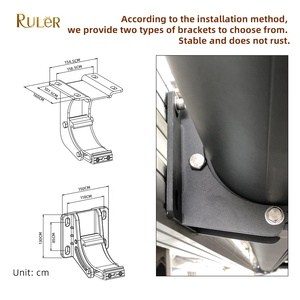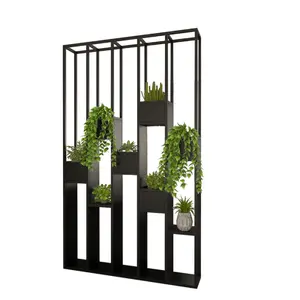Popular in your industry

































































Top categories
About aluminium awning profile
Exploring Aluminium Awning Profiles
Aluminium awning profiles are integral components in the construction of awnings, providing both structural support and aesthetic appeal. These profiles form the framework for a variety of awning types, each designed to offer shade and protection from the elements. The versatility of aluminium awning profiles makes them suitable for a range of applications, from residential patios to commercial storefronts.
Types and Applications
The applications of aluminium awning profiles are diverse, catering to different needs and environments. For residential use, they can be crafted into retractable awnings for decks, creating a flexible shade solution. In commercial settings, they serve as durable frameworks for metal canopies, enhancing the functionality and aesthetics of business exteriors. Specialized profiles are also designed for recreational vehicles, providing portable shade solutions for campers and RVs.
Features and Materials
Aluminium awning profiles are known for their durability and resistance to corrosion, making them ideal for outdoor use. The material's lightweight nature facilitates easy installation and handling, while its strength ensures longevity. These profiles are often paired with various awning materials, such as canvas or other outdoor fabrics, to create a complete shading system.
Advantages of Aluminium Awnings
The advantages of using aluminium awning profiles are manifold. Their low maintenance requirements, coupled with resistance to rust and decay, make them a cost-effective solution for long-term use. The adaptability of aluminium allows for a range of designs, from sleek, modern structures to more traditional styles, ensuring there is an option to suit any architectural aesthetic.
Considerations for Selection
When selecting an aluminium awning profile, it is important to consider factors such as the local climate, the intended use, and the specific design requirements of the space. Profiles vary in size and shape, influencing the overall look and functionality of the awning. It is crucial to choose a profile that not only meets the aesthetic needs but also withstands the environmental demands of its location.
Environmental Impact and Sustainability
Sustainability is an important consideration in today's market, and aluminium awning profiles offer an eco-friendly option. Aluminium is a recyclable material, reducing the environmental footprint of awnings. Furthermore, by providing shade and reducing heat gain in buildings, these awnings can contribute to lower energy consumption, further enhancing their green credentials.

































